Understanding Dental Induction Casting Machines
Dental induction casting machines are integral to the fabrication of dental appliances and restorations. These machines utilize advanced induction heating technology to melt and cast metals, such as gold, silver, and cobalt-chromium alloys, which are commonly used in dental prosthetics. The precision and efficiency of dental induction casting machines make them a staple in dental laboratories and clinics.
Types and Applications
The range of dental induction casting machines includes various classes to meet diverse dental laboratory needs. Class I devices are designed for general dental use, while Class II and Class III cater to more specialized applications, such as creating intricate dental inlays, crowns, and bridges. Each class adheres to specific standards, ensuring suitability for different dental casting procedures.
Features and Materials
These machines boast features that enhance the dental casting process. They are compatible with a variety of materials, including acrylic, plastic, and metal, allowing technicians to choose the appropriate medium for each dental piece. The bego induction casting machine is an example of a device that offers versatility and reliability, accommodating different types of dental restoration materials.
Advantages of Modern Casting Technology
The adoption of an induction casting machine dental setup offers numerous advantages. The induction heating mechanism provides rapid melting of casting materials, which is essential for maintaining a fast-paced workflow in dental labs. Moreover, the precision of these machines ensures that dental restorations are cast with minimal porosity and a high degree of structural integrity.
Choosing the Right Machine
Selecting the right dental induction casting machine involves considering the machine's compatibility with various standards, such as gb15979-2002, gb2626-2006, and gb/t18830-2009. While the induction casting machine dental price is a factor, the focus should be on the machine's features, material compatibility, and the types of dental restorations it can produce.
Conclusion
In conclusion, dental induction casting machines are essential for producing high-quality dental restorations. With a range of classes and compatibility with multiple materials, these machines serve as a cornerstone in the field of dental prosthetics. When choosing a machine, it is crucial to consider the specific needs of your dental practice or laboratory.





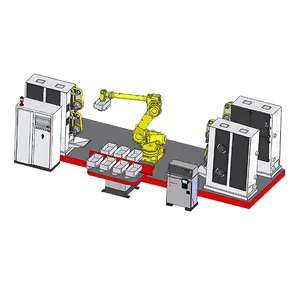


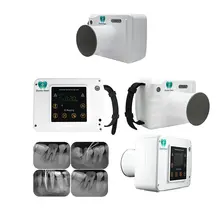





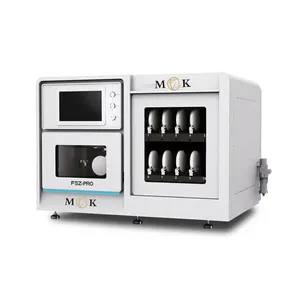
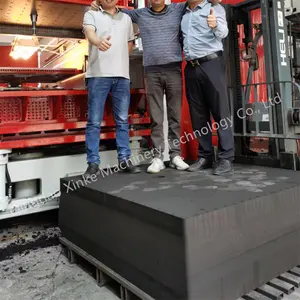
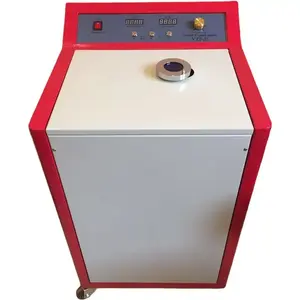














 浙公网安备 33010002000092号
浙公网安备 33010002000092号 浙B2-20120091-4
浙B2-20120091-4